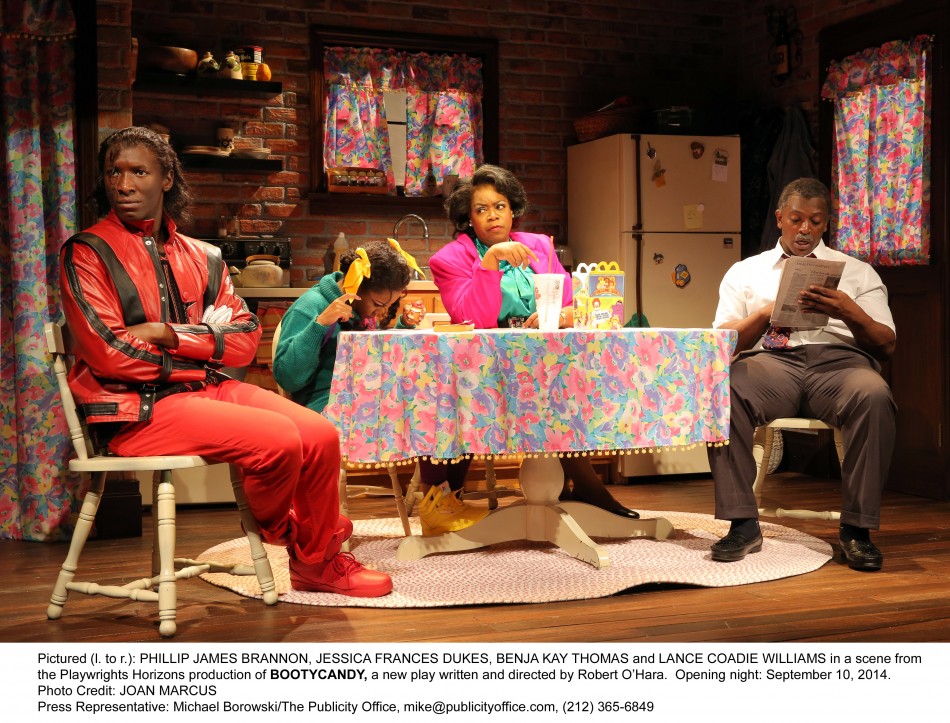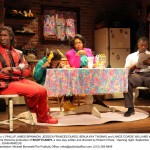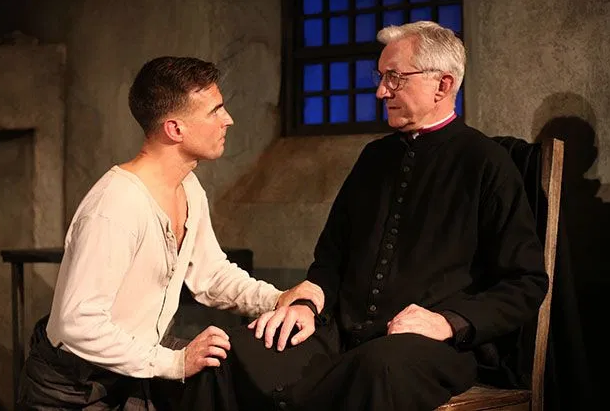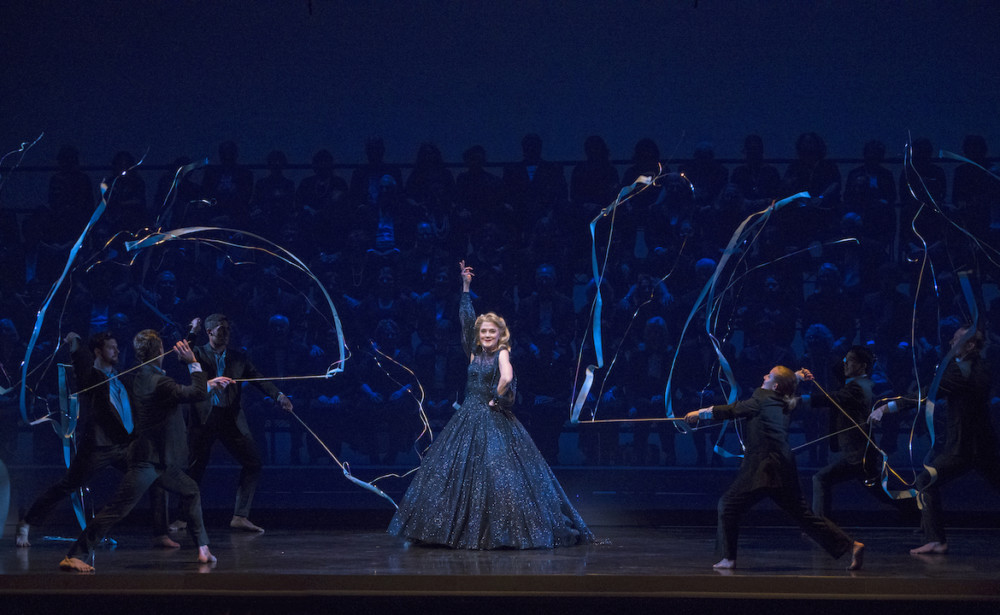(click on all photos to enlarge)
NY Theater Review By Brian Scott Lipton
Robert O’Hara has a huge amount to say about the African-American experience in the U.S., both how it really is and how it is perceived by outsiders, and he makes sure we hear it in the audacious and often outrageous new play Bootycandy, now at Playwrights Horizons. Above all, O’Hara wants us to think about the stereotypes that we’ve been fed, or perpetuate, and we need to reject, but he does so while making us laugh our heads off – at least most of the time.


While the sequence is often hysterical, over the next two-plus hours, we discover that Sutter will grow up to be a less-than-happy gay playwright who never fully achieves true happiness or overcomes his troubled adolescence. It’s a tribute to O’Hara that he draws this character, obviously a bit of a stand-in for the author, to be both victim and victimizer, and to Brannon that he never really asks the audience for false sympathy.


Still, it’s hard to imagine that anyone could have assembled a better cast than O’Hara has. Jessica Frances Dukes, Benja Kay Thomas, Lance Coadie Williams, and Jesse Pennington segue in and out of over 20 different characters with a remarkable combination of technique, fearlessness, and comic bravado. (Pennington also deserves extra points for his full-frontal nude scene.)
Some audiences will likely be uncomfortable with O’Hara’s message, or his ways of conveying it. But those viewers with open minds and open hearts will find a great deal to embrace in this bittersweet piece of theatrical candy.
Bootycandy at Playwrights Horizons. 212-239-6200 runs thru October 12th
Photos: Joan Marcus

























